ZTE's Midrange Dual Camera Phone Beats Huawei on Price
The $229 ZTE Blade V8 Pro has a pair of 13-megapixel cameras, as well as a fingerprint sensor and a 5.5-inch full HD display.
The budget smartphone battle is on. A day after Huawei debuted its dual-camera $249 Honor 6X phone, ZTE countered with a feature-packed budget model of its own. ZTE's Blade V8 Pro features dual rear cameras, a fingerprint sensor and a price tag that's $20 cheaper than the Honor 5X.
The Blade lineup has been popular overseas for a while now, but the V8 marks the first time ZTE will sell a Blade phone in the U.S. ZTE positions this handset as a mid-range device behind its flagship Axon 7 phone.
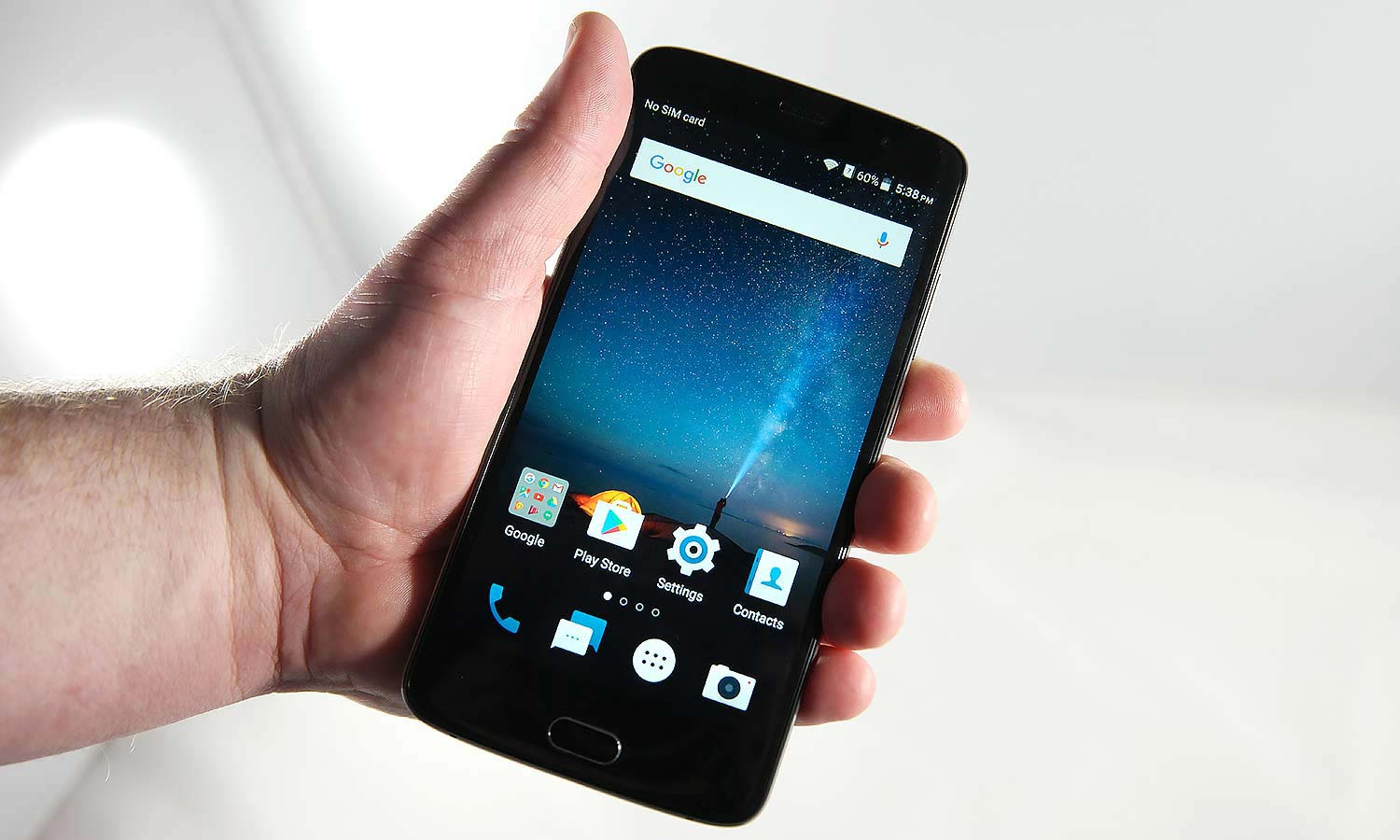
Pricing and Availability
The unlocked Blade V8 Pro will cost $229.98. A GSM phone, it works with the networks of AT&T and T-Mobile, along with any carriers that use those networks, such as Cricket and MetroPCS. You can pre-order the phone today (Jan. 4) through ZTE's website as well as from Amazon, B&H and NewEgg.
MORE: Best Cheap Phones
Why You Should Care
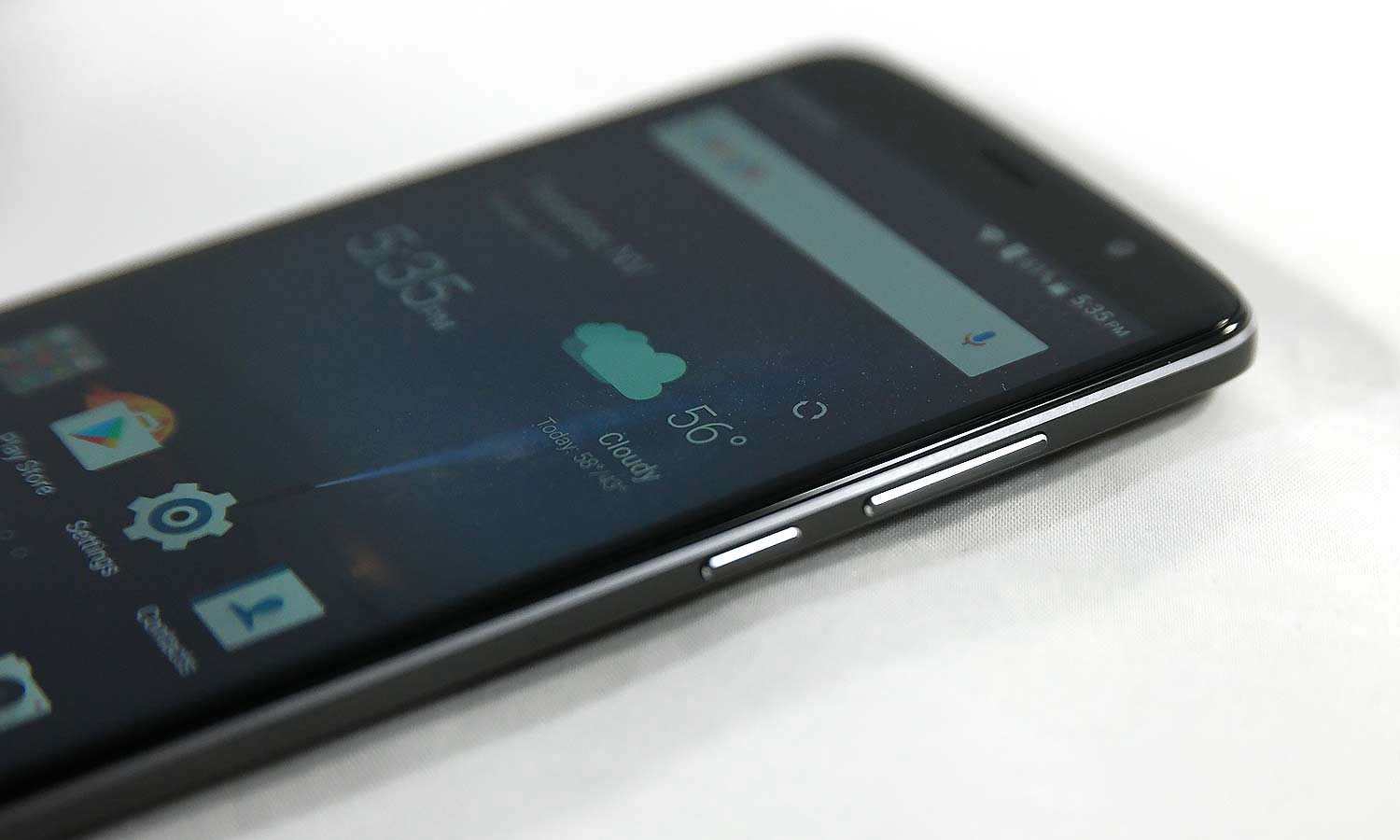
High-end features are no longer restricted to just flagship phones. With its dual rear-cameras, hefty battery and respectable specs, the Blade V8 Pro offers an affordable option for people who don't want to spend several hundreds dollars for the likes of the iPhone or Samsung Galaxy S series. And ZTE's phone is another entry in an increasingly crowded field of phones promising high-end features at more attractive prices.
Cameras
The back of the Blade V8 Pro features two 13-megapixel cameras — one an RGB camera and the other a monochrome shooter. The two cameras let you incorporate a number of effects to your shots. You can add a bokeh effect, which adds an artful blur to the background of any shots you take. But my favorite photo effect was easily the sketch mode option available in the camera app's monochrome effects: Tap it, and the subject of your photo will look like a line drawing like something out of A-Ha's "Take On Me" video from the 1980s.
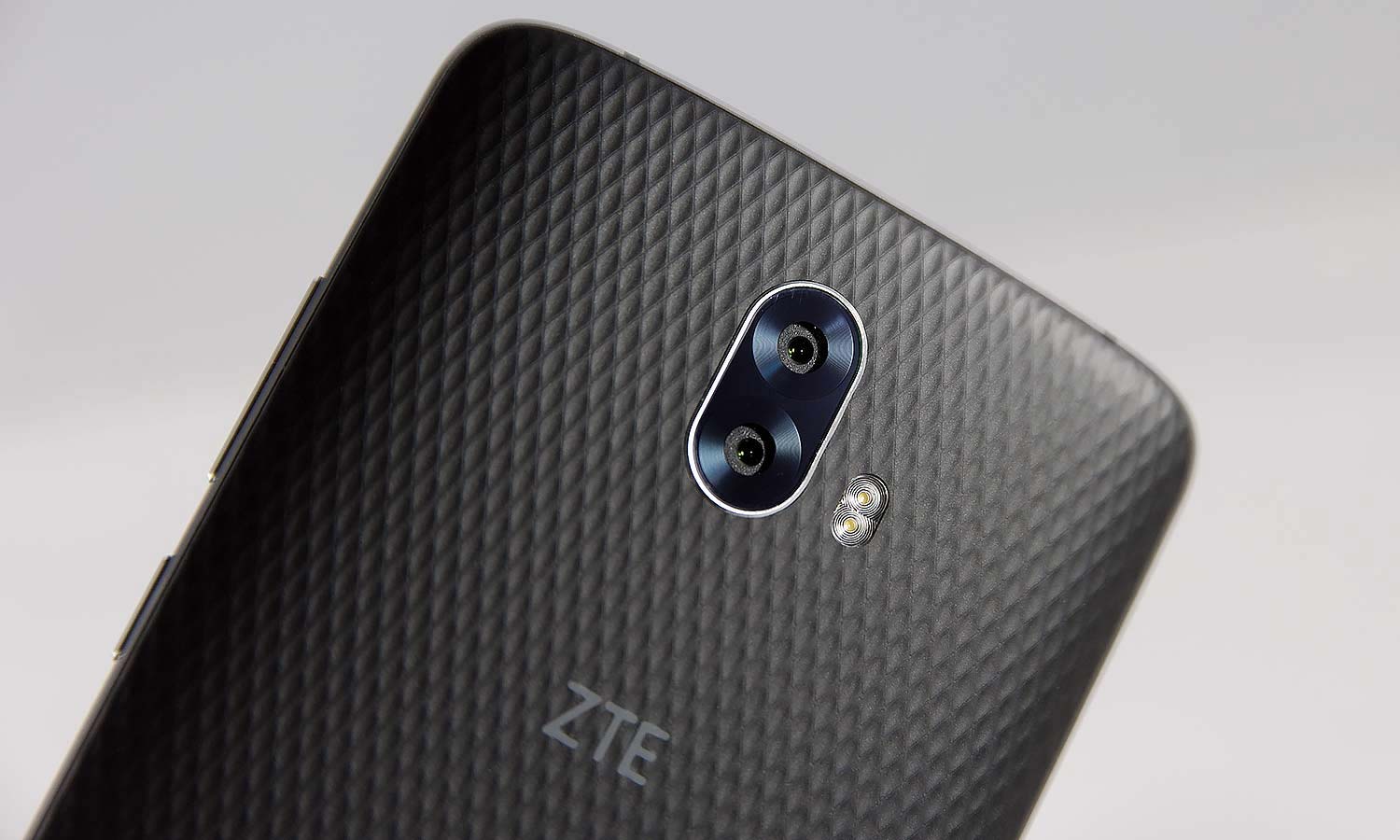
The front camera on the Blade V8 Pro is no slouch either, at 8-MP.
Battery
The Blade V8 Pro boasts a 3140 mAh battery — not quite as large as the 3340 mAh battery powering the Honor 6X, but it should be enough to get you through the day on a single charge. (We'll confirm that claim once we get a chance to run ZTE's phone through our battery test.) That's crucial, as battery life is one area where affordably priced phones can't really afford to compromise, with even budget models placing a greater emphasis on squeezing every last minute out of a charge.
Design
The plastic Blade V8 Pro seemed on the heavy side when I held it. At 6.5 ounces, it's slightly heavier than the 6.2-ounce Axon 7. I appreciated the textured back of the Blade V8 Pro, though, as it made the phone easier to grip.
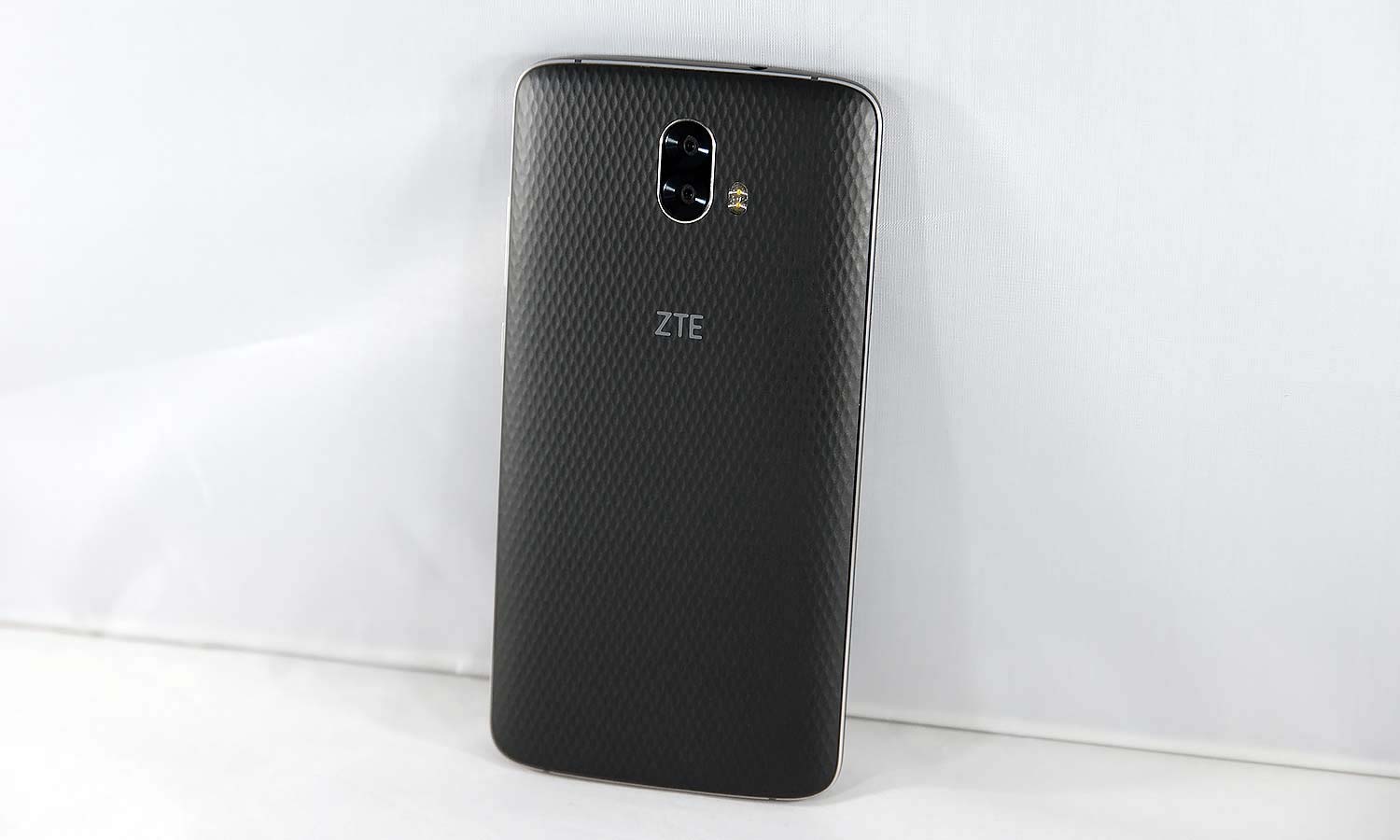
Other Specs
You won't find too many compromises when poring over the Blade V8 Pro's specs. The 5.5-inch full HD display boasts a resolution of 1920 x 1080, and the phone sports a 2.5D Gorilla Glass 3 screen. The Snapdragon 625 powering the Blade V8 Pro isn't Qualcomm's top-of-the-line CPU, but it's still a pretty powerful processor found in a lot of mid-tier phones, and the 3GB of RAM included in ZTE's phone should help with performance. You can boost the 32GB of storage by adding up to 128GB of storage with a microSD card in the Blade V8 Pro's dual-sim slot.
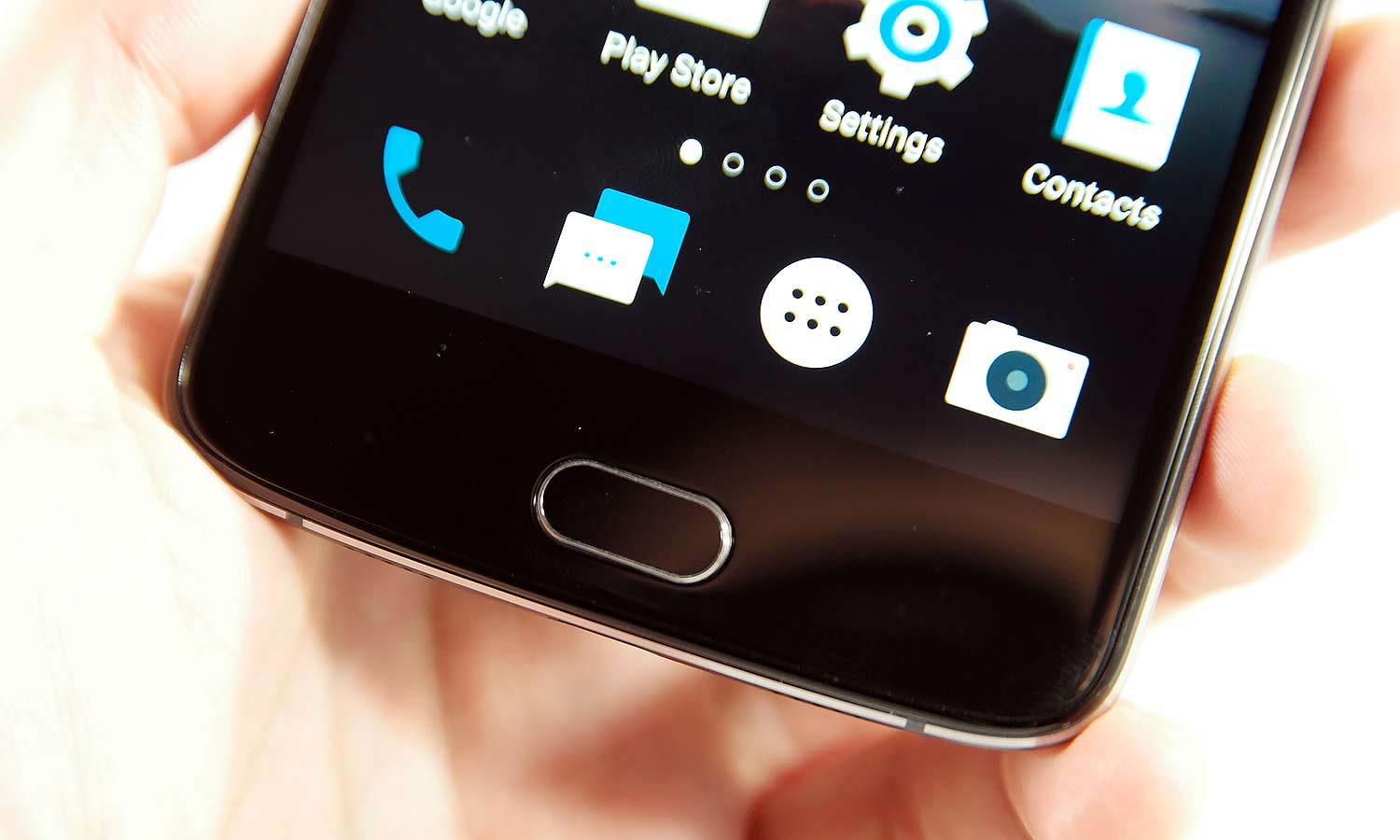
Fingerprint sensors used to be restricted to high-end phones, but that seems to be changing in 2017 as more mid-range models add the feature. The Blade V8 Pro is no exception as the phone's home button doubles as a programmable fingerprint sensor that lets you open apps with the press of a different finger.
The phone will ship with Android Marshmallow instead of the newer Android Nougat, so that's one area where you will have to compromise, though that's not uncommon with Android phones at this price range.
Outlook
Based on what we're seeing at CES, 2017 is shaping up to be a strong year for budget and mid-tier phones that don't skimp on features, and ZTE's Blade V8 Pro figures to lead the charge. We'll have a full review of the phone soon.
Sign up to get the BEST of Tom's Guide direct to your inbox.
Get instant access to breaking news, the hottest reviews, great deals and helpful tips.
Philip Michaels is a Managing Editor at Tom's Guide. He's been covering personal technology since 1999 and was in the building when Steve Jobs showed off the iPhone for the first time. He's been evaluating smartphones since that first iPhone debuted in 2007, and he's been following phone carriers and smartphone plans since 2015. He has strong opinions about Apple, the Oakland Athletics, old movies and proper butchery techniques. Follow him at @PhilipMichaels.

